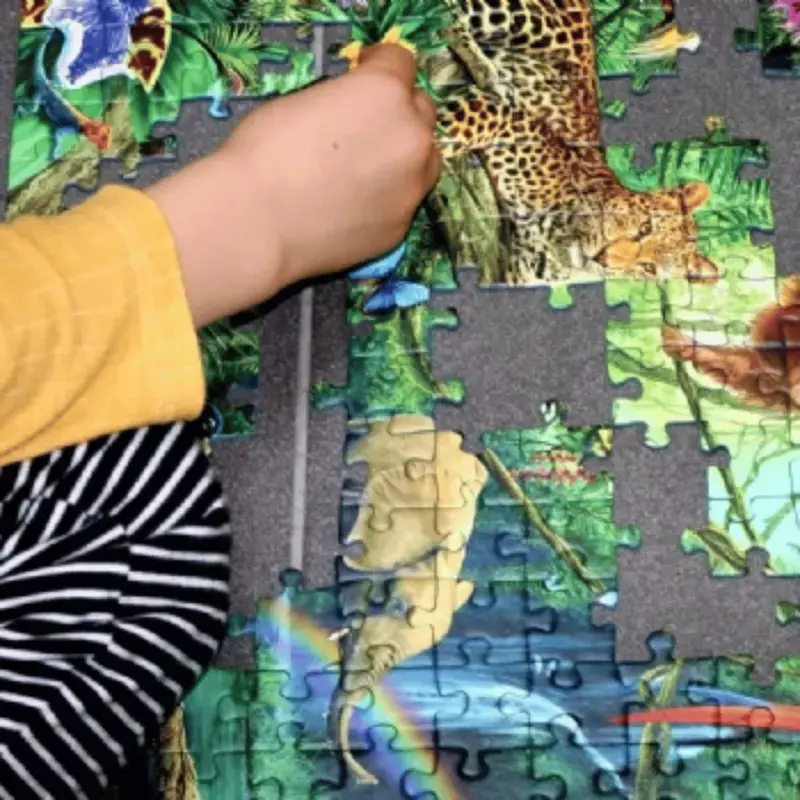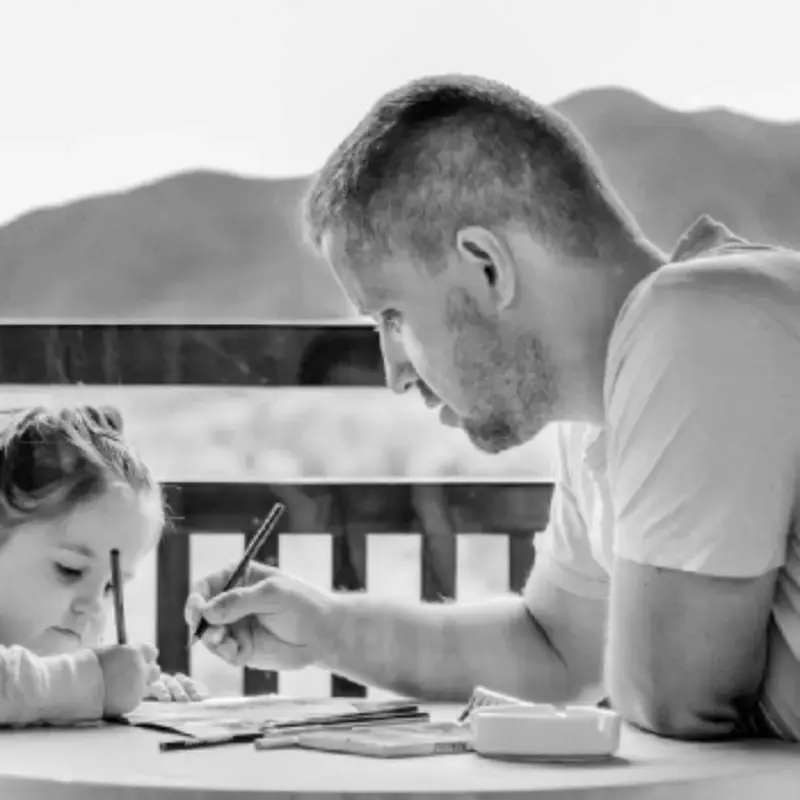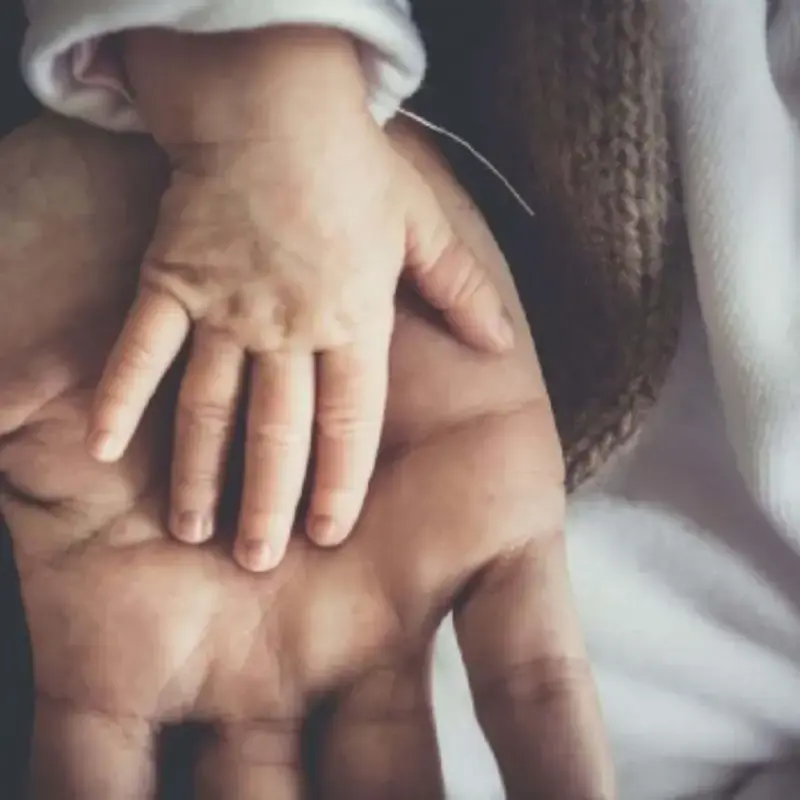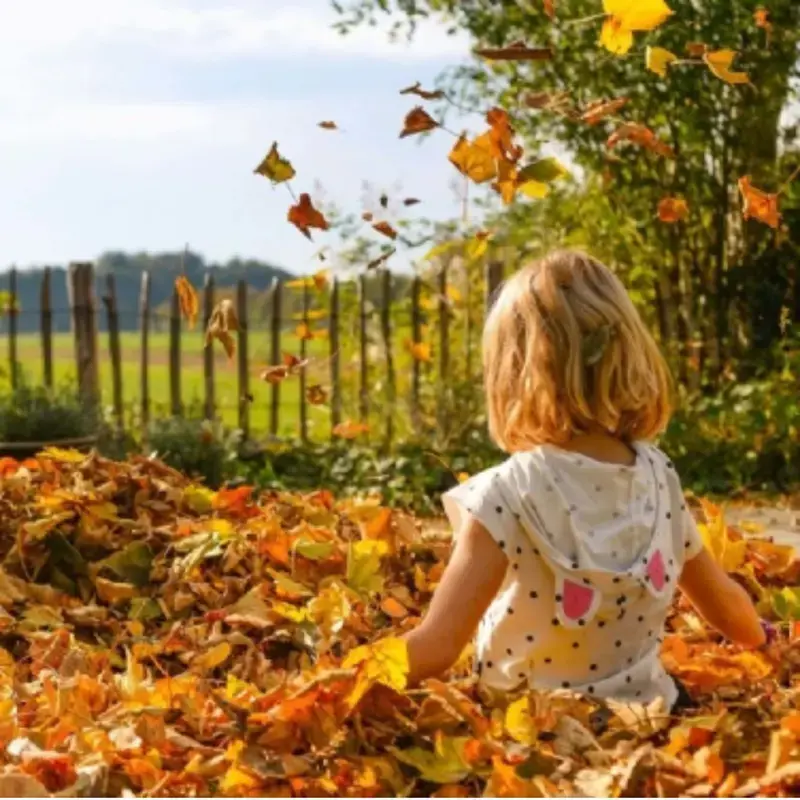It Takes a Village: How School Communities Can Transform Mental Health
In 2023, NHS England stated 1 in 5 children aged 7-18 years experienced poor mental health or had been diagnosed with a mental health condition, with these rates only projected to rise.
Young people are facing unprecedented pressures with studies showing that young people are worried about societal pressures such as the impact of climate change and financial challenges, in addition to their own mental health. In a world where children are more connected than ever, many still feel isolated and struggle to talk about mental health concerns. As parents we understand navigating this can be very challenging.
Being part of a positive, supportive and safe community is essential for every child’s well-being. It fosters a strong sense of belonging, helping each individual feel seen, heard and valued, and in challenging times, such communities offer encouragement and reassurance. Schools, as nurturing environments, play a vital role in this by providing positive role models who demonstrate kindness, emotional resilience, and constructive behaviour - helping children grow with confidence and stability. The saying ‘It takes a village to raise a child’ rings true, and this year’s Mental Health Awareness Week’s theme ‘community’, highlights the importance of strong and supportive connections.
It is vital children feel a sense of belonging and emotionally safe to express themselves and any difficulties they may be experiencing. At Radnor House, our sense of community extends far beyond simply sharing a space. We work on building strong foundations and networks of support and safety, embedded within our shared values of Respect, Courage, Perseverance and Excellence.
Our triangulated approach is the school, you as parents, and your child, all working together to build a structure of support and is the cornerstone of our pastoral philosophy at Radnor House. This approach promotes parents as active partners, with students feeling empowered to speak up, and staff being responsive to children’s needs. This helps us all spot signs of difficulty earlier and supports children in seeking help as soon as it’s needed - whether that’s through a conversation with you or trusted teacher, or by accessing help via the Wellbeing Hubs.
Alongside this, we have worked on ways to promote student leadership through our Anti-Bullying committees and Student Leaderships teams, and this interconnected network helps to make sure no student falls through the cracks. At Radnor House, we’re dedicated to building a culture of genuine care and one where mental health is openly talked about, stigma is challenged, and every member of our school community feels they belong. From peer mentoring programmes to mindful sessions, parent forums to staff well-being initiatives, mental health is being woven into the fabric of school life.
However, transforming mental health in schools isn’t a one-time effort – it’s hard work and a continuous journey that requires overcoming many barriers and numerous challenges along the way. There is still stigma around speaking out about mental health difficulties, and pressures from social media and other online platforms, contribute to people staying silent.
At Radnor House we have a shared commitment to create a future where every student feels supported, you feel involved, and every staff member feels equipped. Compassion and collaboration help everyone to play their part in this important journey, whether it’s checking in with a friend, attending a workshop, or simply listening with empathy, every action matters. The strongest communities aren’t perfect- they’re honest, inclusive and always growing. That’s the village we’re building at Radnor, and together we can make a lasting difference.
























